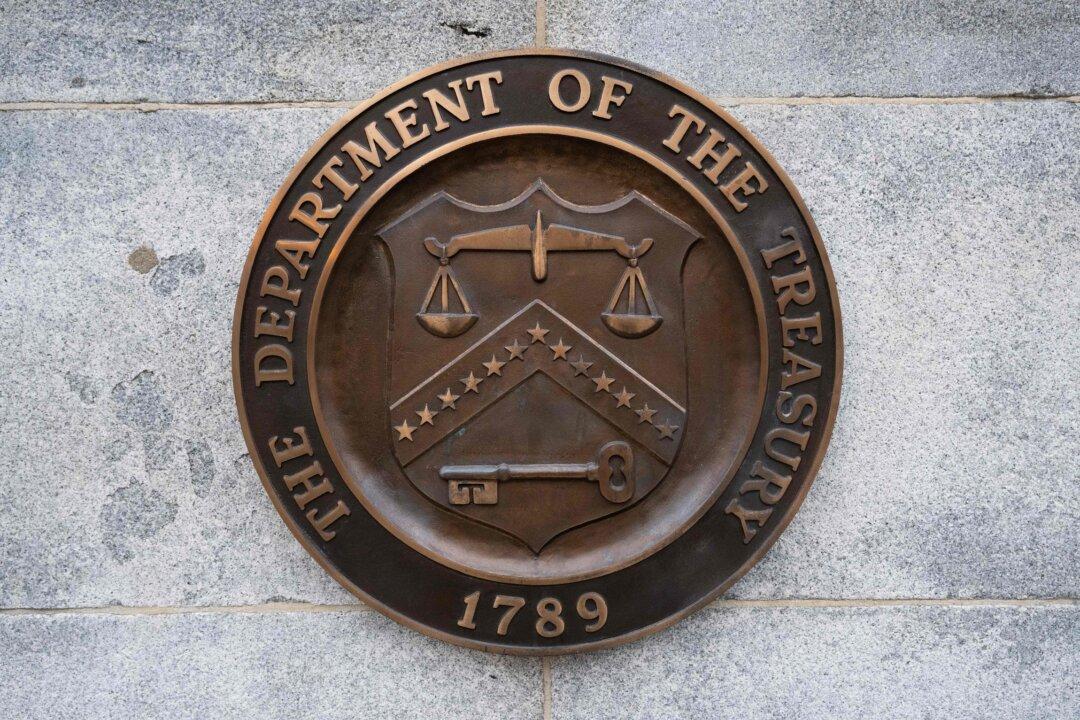The U.S. Treasury Department has sanctioned one Mexican resident and two Chinese residents suspected of laundering drug-trafficking proceeds for the Sinaloa cartel.
The Treasury Department identified Mexico-based Diego Acosta Ovalle and China-based Tong Peiji and He Jiaxuan as suspected cartel moneymen on July 1. The Treasury Department sanctioned the trio, in accordance with a December 2021 executive order, authorizing sanctions on suspected participants in the global illicit drug trade.





